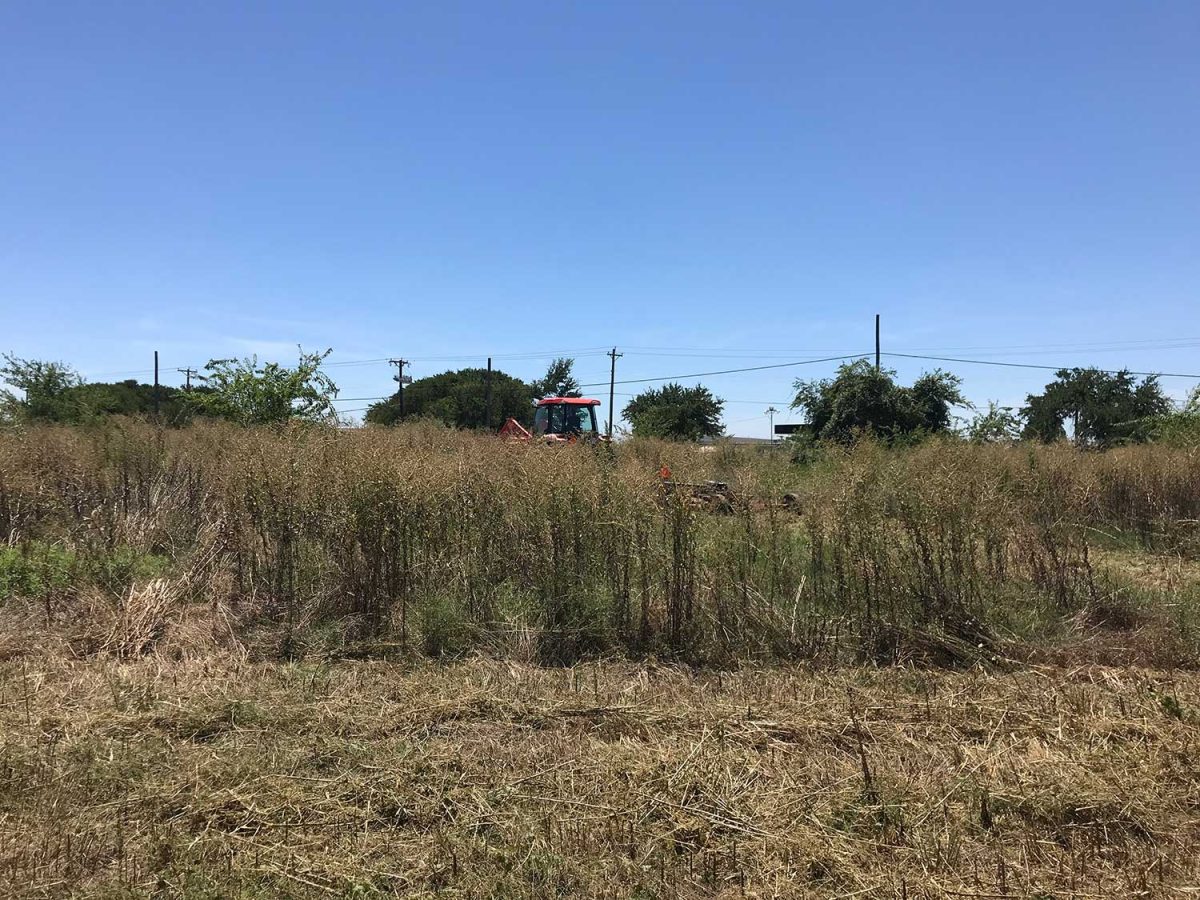Complying with Mowing Code Enforcement
What is code enforcement in the commercial mowing industry? What does it mean to you, the property owner? Who should you hire to please those who are about to fine you? We will tackle the tough questions in this article by Keith’s Tractor Mowing, serving the Greater Fort Worth area with affordable acreage mowing. For any job over an acre in size, Keith’s Tractor Mowing is the name to remember.
What is code enforcement mowing?
Many neighborhoods and local jurisdictions around the country have laws in place that can carry steep fines or worse for property owners who fail to keep up with their lawns.
Nuisance ordinances are the main way cities or counties make sure residents are maintaining their properties.
These ordinances govern anything that “amounts to an unreasonable interference with the health, safety, morals or comfort of the community,” writes Trey Allen, assistant professor of public law and government of the University of North Carolina School of Government.
The most common, he explains, are ordinances that pertain to property management and upkeep, especially “minimum maintenance requirements on residential or commercial lots.”
“A lot of times, especially in court cases, the benefit to the community is that it keeps things like rodents and snakes from taking up homes in the neighborhood,” said Brian Burgess, planner for the Town of Mills River, North Carolina, who has worked at the county and city level over the past several years.
What this means to you, the property owner.
Borrowing from the City of Tulsa website, we find this discussion of code enforcement, which is fairly standard for most cities:
- A call or online report is received by the Customer Care Center and a complaint case is opened.
- Once a case is assigned to the area inspector, the inspector conducts an on-site investigation of the alleged violation(s). If violations are present at the time of this inspection, a legal notice is mailed to the property owner and other interested parties giving them 10 days to comply with the notice requirements. The property owner can purchase up to two (2) extensions of time for $58 each. Each extension will give the property owner 10 additional days to comply. Extensions are not available for all violations, i.e. unsecured structures, chronic violators, etc.
- Failure to comply with the order will result in the City contractor abating the nuisance. If the City abates, the property owner will be charged for the abatement cost, plus a $300 processing fee.
Note: Emergency abatements are performed without prior notice where imminent dangers are present and conditions require an immediate response.
Who can handle this problem for you?
Of course you, the property owner, can handle any code enforcement mowing, simply by mowing your lawn regularly. However, if you are unaware of the mowing standards, or you are unable to mow your lawn for physical reasons, we suggest you call commercial mowing services in your city. Yes, it will cost you, but it is better than being fined by the city and possibly losing your property for repeat offenses.
A final word about Keith’s Tractor Mowing.
Keith’s Tractor Mowing is the trusted name in Fort Worth for commercial mowing over one acre in size. From pipeline mowing to ranch mowing to church mowing, we handle the jobs too large for you to handle.
